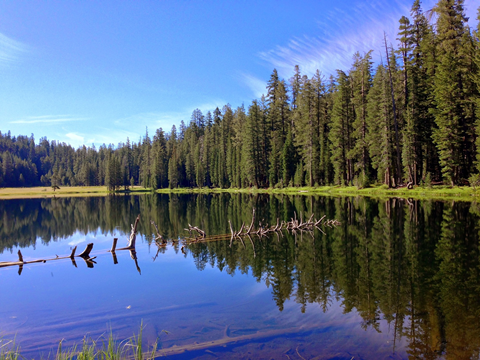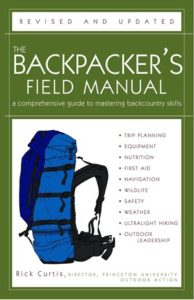Yesterday I competed in my first “MedWAR” event in Park City Utah. MedWAR is short for Medical Wilderness Adventure Race. It combines wilderness medical challenges with adventure racing and was developed to provide medical students, residents, health care professionals, and wilderness enthusiasts with a practical, interactive, and enjoyable curriculum for learning wilderness medicine.
This race, “Mountain Assault,” was sponsored by the University of Utah Division of Emergency Medicine, the Wilderness Medical Society and the National Outdoor Leadership School’s Wilderness Medicine Institute. Matt Hamonko MD, the wilderness fellow at U of U, put the event together.
The WMI Team was myself, Dave Weber and Mike Ditolla, both seasoned WMI and NOLS field instructors.
We carried what we would honestly take on a winter mountain day trip – honestly. We left the Lifepack 12 and Gamow bag in the truck. Water, food, extra layers, navigation and survival items filled our packs. You’re allowed to carry a reference book. We considered Auerbach’s Wilderness Medicine 5th edition, but it weighs in at 10.6 lbs, and was an awkward fit in the pack, so we relied on our brains, which served us well this time.
I’ve been racing biathlons recently, and the title of mountain assault made me consider bringing my rifle, but this is a non-violent medical event focused on saving, not shooting, so I left it at home.
We skied and snow shoed around 10 miles, navigating at times by GPS and stopping at 7 medical stations. We evaluated frostbite, managed a diabetic skier, reduced a dislocated shoulder, set up a pulley system to simulate a crevasse extraction, used a transceiver to find a buried skier, treated patients with altitude illness and hypothermia and dragged a patient a kilometer across the snow. At the medical stations we performed the skills, then answered questions to test our overall knowledge of the topic.
It took us a few stations to realize that the other teams were focusing on the obvious problem while we were diligently performing a full patient assessment, as we train our students to do. This cost us a bit of time, as did a faulty ski binding. There are no rest or water stations on the route, and if equipment breaks, you have to deal with it as you would in the wilderness.
It was bunch of fun and a solid workout. While there was a competitive spirit in a few of the teams, camaraderie was the tone.
These races are held throughout the U.S. and Canada at many different times of the year. You can find more information at www.medwar.org.


